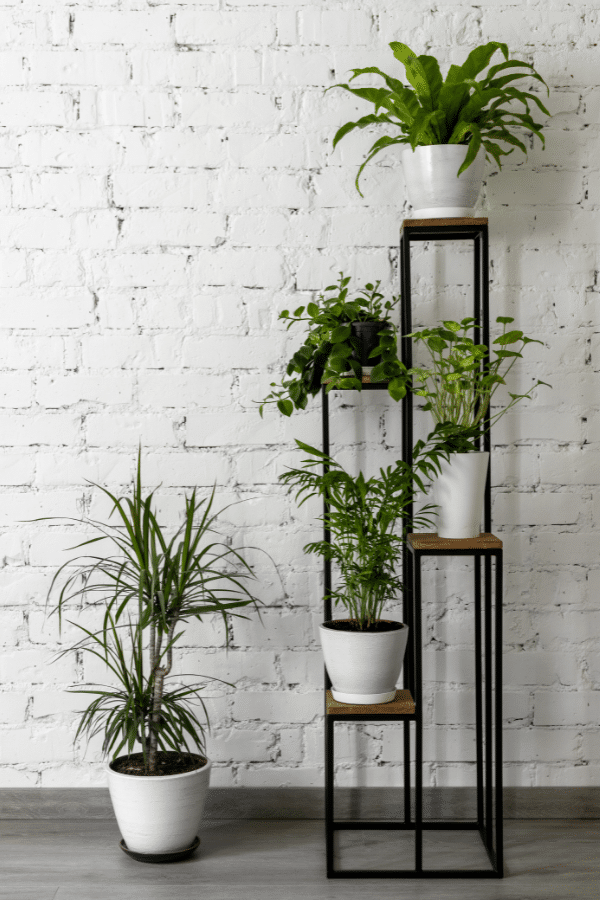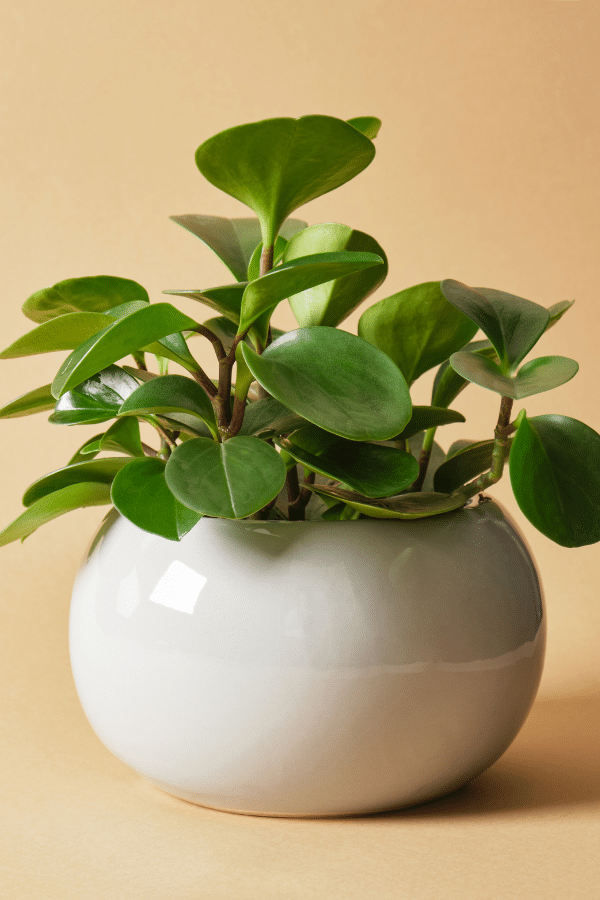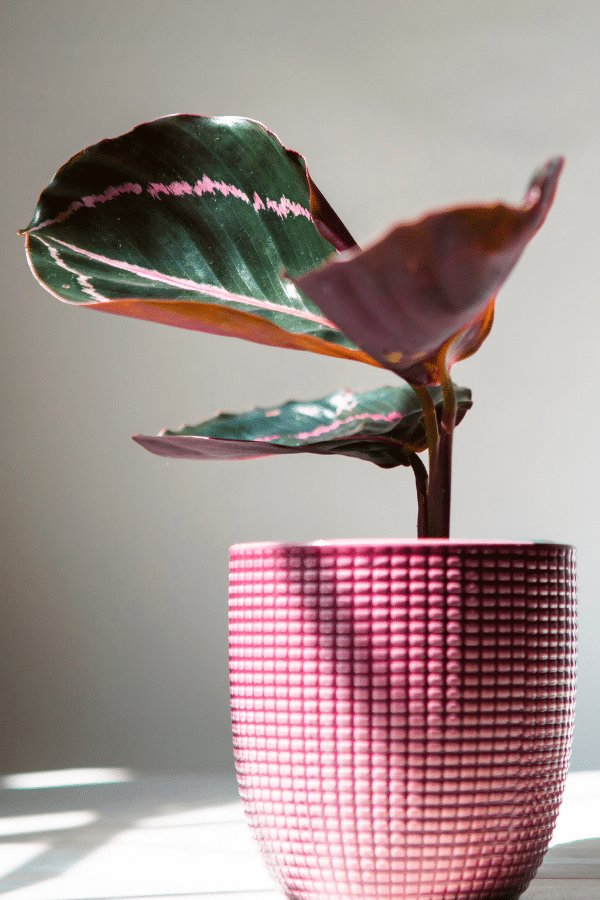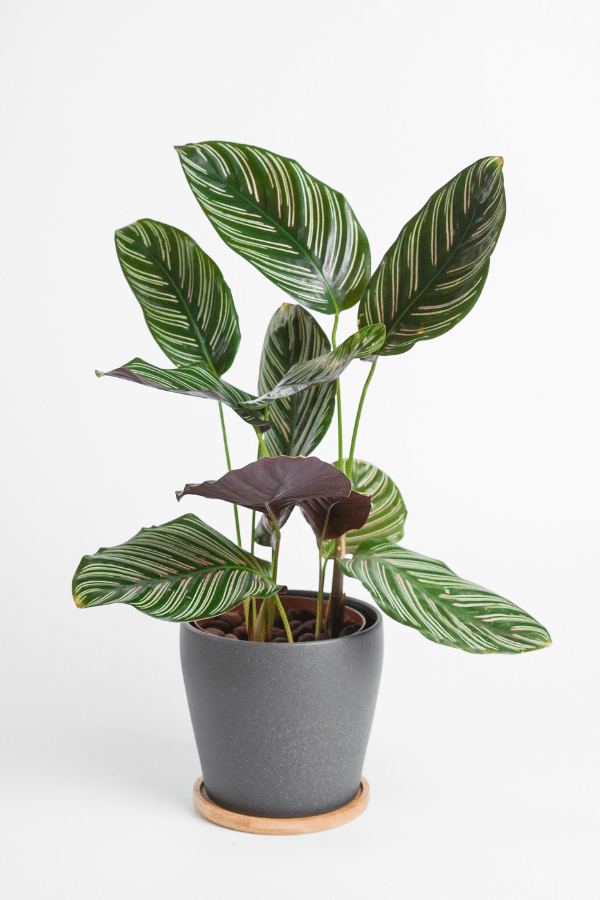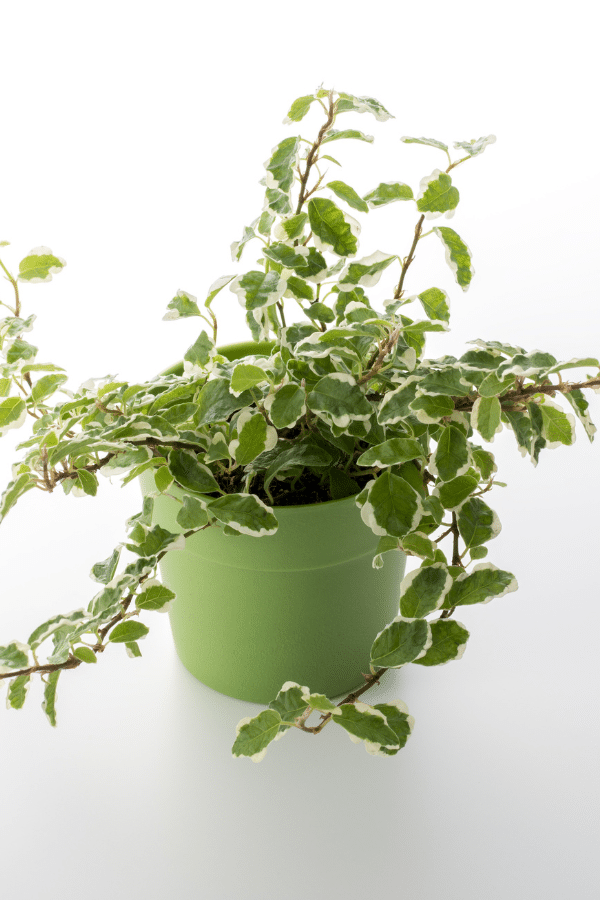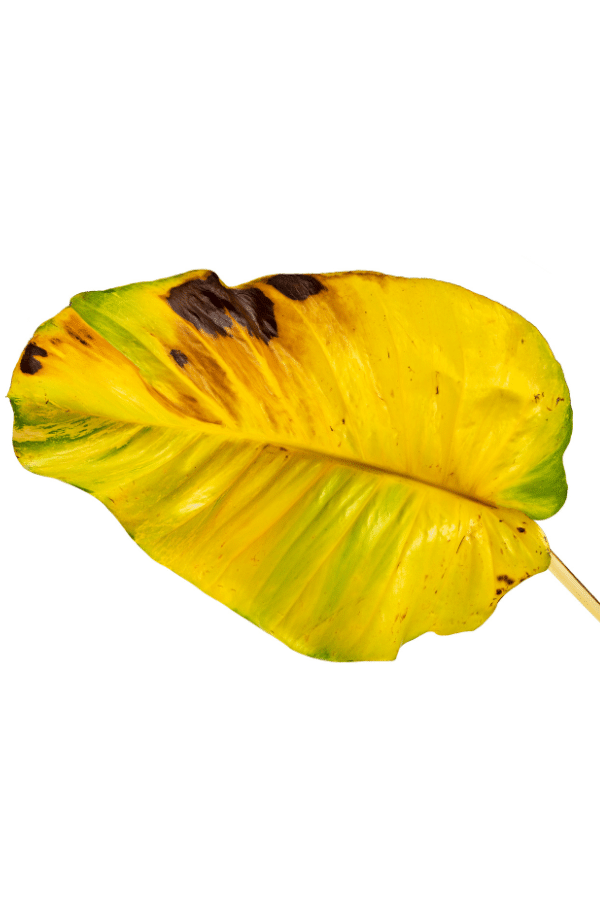Thai Constellation Monstera
Scientific Name: Thai Constellation Monstera
Common Name: Thai Constellation Monstera
Thai Constellation Monstera care is an easy Monstera to grow and care for. The variegated version of the of the classic and timeless Monstera Deliciosa, is such a gorgeous plant. It’s easy to care for and given the right amount of sunlight, water, and fertilizer, you will keep on growing new variegated leaves.
To give this Monstera plant the best care, it requires well-draining soil, allow the top inch of soil to dry out before watering, provide it with bright indirect sunlight, temperatures ranging from 64-70F, and high humidity levels.
Quick Care Overview
| Common Name | Thai Constellation Monstera |
| Scientific Name | Thai Constellation Monstera |
| Family | Araceae |
| Origin | Brazil |
| Growth Rate | Fast |
| Identification | Green and cream variegated leaves with holes |
| Height | Up to 8 tall |
| Soil | Well-draining soil |
| Water | Water when the top inch of soil has dried out |
| Temperature | 64-70F |
| Sunlight | Bright indirect sunlight |
| Toxic to Cats & Dogs | Yes |
| Toxic to Humans | Yes |
| Pests | Mealybugs, spider mites, scale |
| Diseases | Root rot, powdery mildew, athracnose |
Below we will dive deep into this Thai Constellation Monstera care guide.
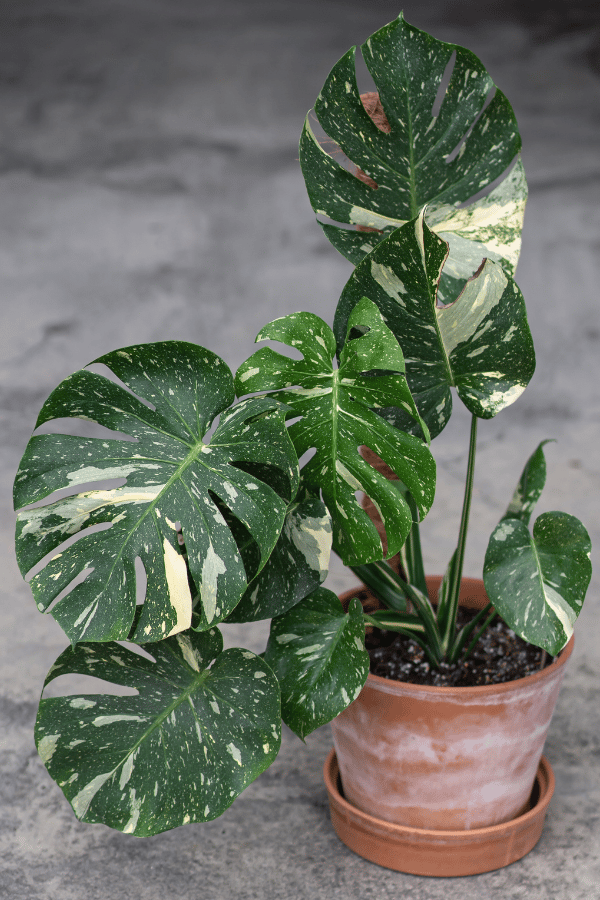
Thai Constellation Monstera History
The Thai Constellation Monstera is a Thai-created genetically engineered variety of Monstera Deliciosa.
Thai Constellation Monstera Identification
This upward-climbing shrub has distinctive foliage. Foliage has green and cream variegation with large holes. Foliage may grow up to 1 feet.
Thai Constellation Monstera Growth Facts
This quick-growing Monstera can produce new foliage every month. However, this plant is considered relatively slow growing.
How Big Does a Thai Constellation Monstera Get?
This plant if not kept back can grow up to 20 feet tall.
Thai Constellation Monstera Care
Your Thai Constellation Monstera is not particularly difficult to care for. Just ensure you provide it with plenty of bright filtered light, warmth, and humidity.
Thai Constellation Monstera Soil
This epiphytic plant will like to be grown in loose, airy soil. You may create a perfect growing medium by combining a standard potting mix with incorporations of orchid bark, perlite, and coco coir to improve drainage.
Thai Constellation Monstera Fertilizer
Your Thai Constellation Monstera will require regular feeding throughout the growing season. Select a balanced liquid fertilizer and feed your plant monthly, ensuring that you follow all label instructions. Do not feed your plant in fall or winter. To avoid chemical burn, avoid overfeeding, water before fertilizing, and perform a flush annually to reduce the buildup of salts.
Thai Constellation Monstera Watering
Depending on growing conditions, you will likely need to water your Monstera weekly. Watering frequency may be reduced in winter to once a month. You should rewater this plant after the top inch of soil becomes dry. As this plant is sensitive to chemicals in the water, you should use rainwater, distilled, or filtered water.
Thai Constellation Monstera Light Requirements
Your Thai Constellation Monstera will require plenty of filtered light. This plant will not tolerate direct sunlight or low light conditions. Therefore, you should select a bright, sunny room to keep your Monstera in and place it near a bright window, such as an eastern-facing window.
Thai Constellation Monstera Temperature & Humidity
Your Monstera will like to be kept in warm, humid conditions. Therefore, you should always strive to keep your plant between 64-70 degrees Fahrenheit. Never expose your Monster to temperatures below 50 degrees Fahrenheit, as this may cause permanent damage to your plant. Additionally, as this plant desires to be grown in a humid environment, you should aid to grow your plant in an environment with more than 60% humidity. Higher humidity levels will encourage your plant to thrive. Increase the humidity of your home easily by installing a humidifier. Alternatively, you may add a pebble tray for your Monstera. Additionally, your plant will enjoy a daily misting.
Repotting Thai Constellation Monstera
As this Monstera is a slow grower, you will only need to repot it every 2-3 years. Select a container that is 2-3 inches larger than the previous container. Repot your plant, refresh the soil, tamp lightly, water thoroughly, place them in indirect light.
Thai Constellation Monstera Maintenance & Pruning
You should periodically remove discolored, dead, or old foliage from your plant during fall. Use sharp, clean shears. Pruning will improve air circulation and allow younger foliage to receive more nutrients.

Thai Constellation Monstera Propagation
You may easily propagate your Monstera through stem cuttings. To take a stem cutting, remove a piece of stem that has at least one leaf and aerial roots. The stem(s) should be at least 6-8 inches in length. Allow the cutting(s) to callus overnight, and then place your cutting(s) into water or soil. Rooting hormones may encourage successful rooting. If using water, ensure that the water does not become dried out or murky. Cuttings should be placed into indirect light, and within a few weeks, roots should appear. After roots are a few inches long, plant them into their container.
Thai Constellation Monstera Toxicity
Toxicity to Humans
The Thai Constellation Monstera is considered mildly toxic to humans. Therefore, you should never ingest this plant
Toxicity to Cats & Dogs
Unfortunately, the Thai Constellation Monstera is considered toxic to pets. Do not allow you dog or cat to consume this plant. However, if you suspect your pet has ingested any part of this plant, you should contact your veterinarian or animal poison control immediately.

Thai Constellation Monstera Problems
Thai Constellation Monstera Leaves Turning Yellow
The foliage of the Thai Constellation Monstera may turn yellow due to overfertilization, disease, or pest issues.
Thai Constellation Monstera Leaves Turning Brown
Browning may be due to overwatering, lack of humidity, or too much direct sunlight. Additionally, the Thai Constellation Monstera, is very sensitive to chemicals in tap water, which may cause browning of the foliage. It is best to water your plant with distilled water, filtered water, or rainwater.
Thai Constellation Monstera Diseases
The Thai Constellation Monstera may be affected by powdery mildew, Anthracnose, Monstera leaf blight, and root rot. Ensure that you do not overwater your plant and that it has plenty of air circulation. If you see that your plant is displaying signs of disease, isolate your plant, and treat it with a fungicide.
Thai Constellation Monstera Pests
Your Thai Constellation Monstera may be affected by common indoor plant pests, such as scale, spider mites, mealybugs, and more. Upon identification of infestation, isolate your plant, and treat it with insecticidal soap.

